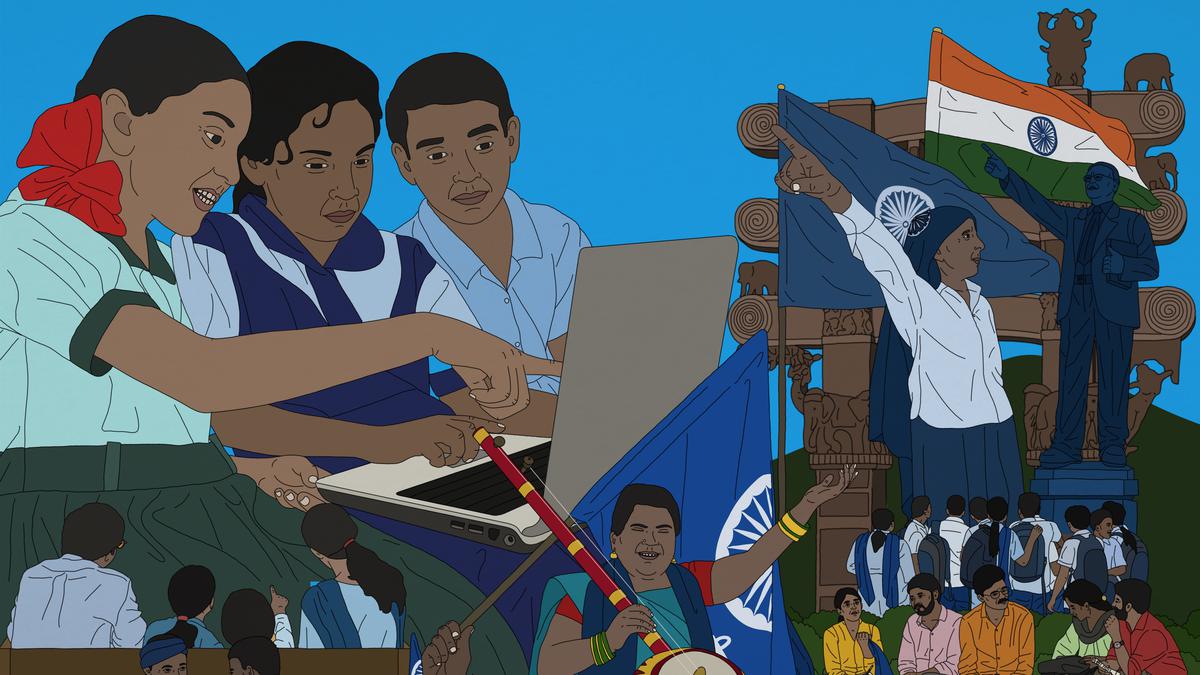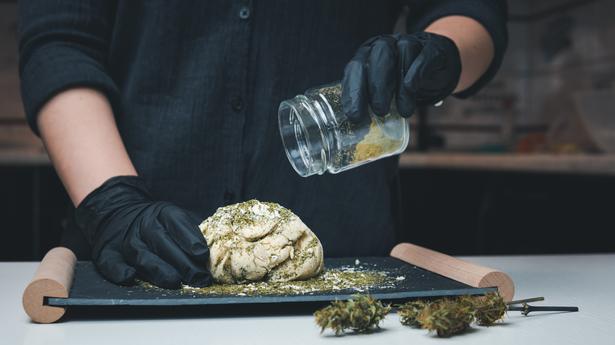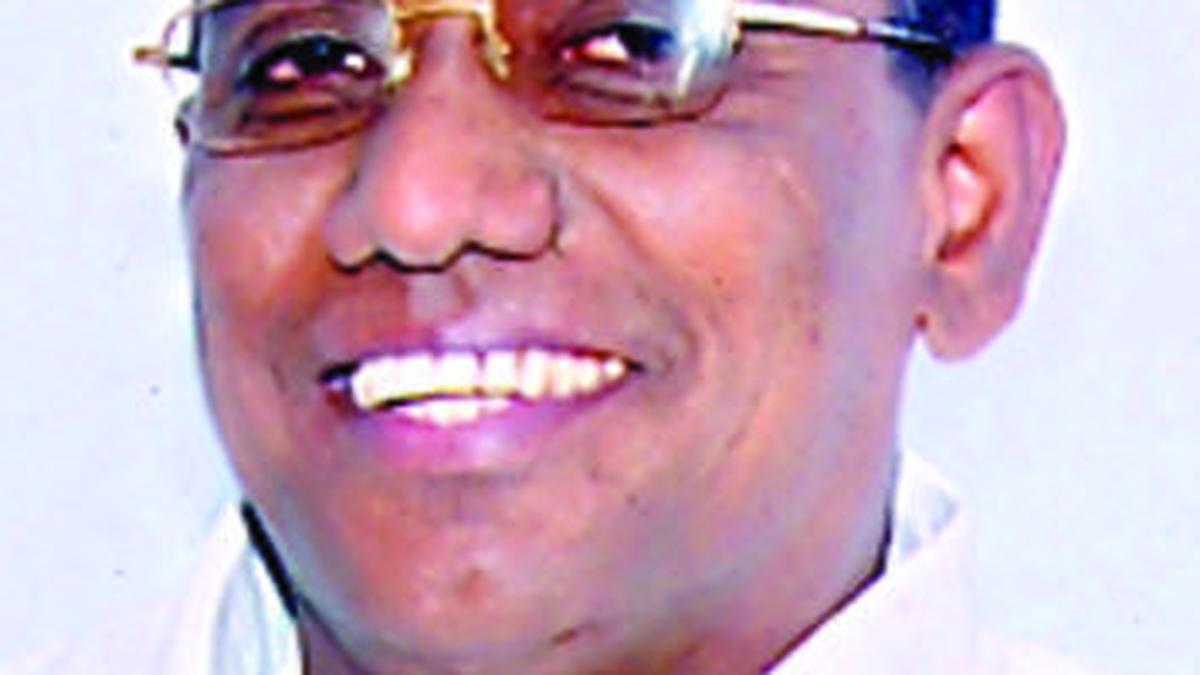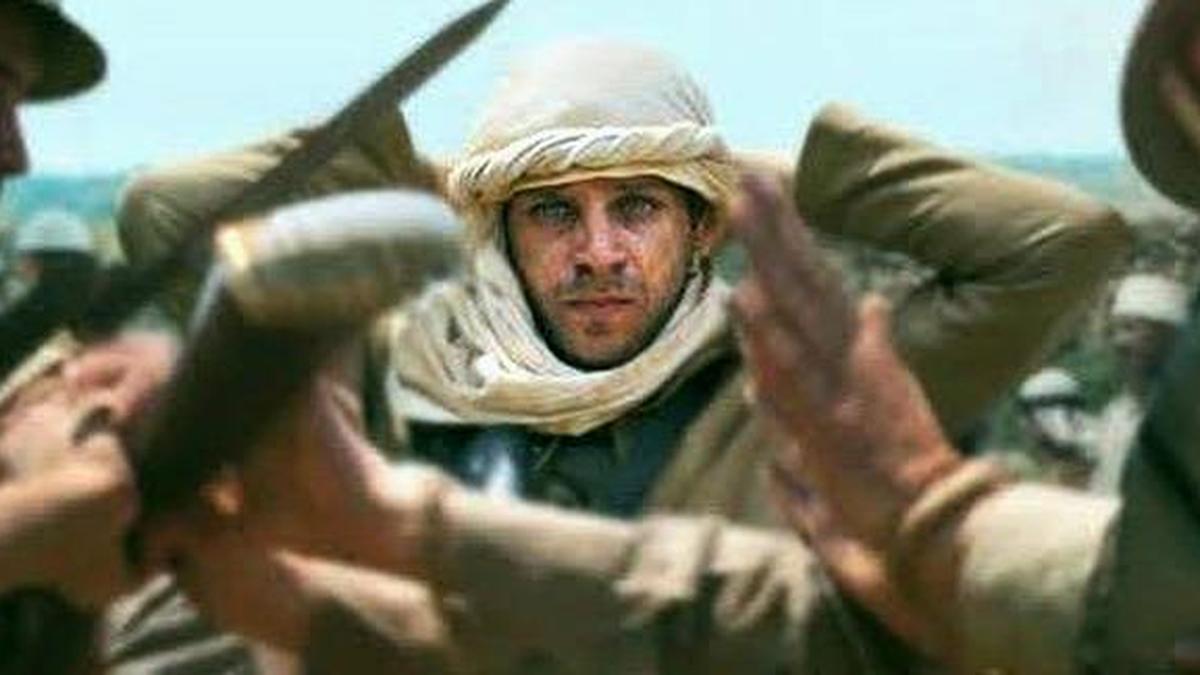Digital drawing: People observing Dalit History Month through social media, family gatherings, tree planting, singing, dancing, discussions, visiting monuments, agitating and remembering the stalwarts of the movement.
| Photo Credit: Siddhesh Gautam
There are many definitions of history but for me, as an artist, dreamer, explorer and Ambedkarite, history has always been the documentation of (and by) the oppressor. The history I read in school was not mine, but I was made to believe that it was mine, too. The authors that I read in schools and colleges were not my people. They did not write about my people, and if they did, they did with a gaze.
I was orphaned from history and forced to adopt someone else’s as mine. Made to believe that our history did not matter. The history of the people who built, cleaned and cremated for this country did not matter. But our history matters. It matters to us who form approximately one fourth of the population of India. It matters to the people from whom their history was taken away. So, we started to write our history, on our own.
Devoting a month is not enough to compensate for the centuries of theft of our history, but a month is a good beginning towards building bridges of solidarity, dignity and equity. It is a month of celebration, retrospection and agitation, visible to the mainstream for a limited time. It is not to get attention, but to assert our identities and expressions as mainstream.
Dalit History Month is an initiative started by a group of young women from the Dalit community, such as Sanghapali Aruna and Thenmozhi Soundararajan, in 2015. It was inspired by Black History Month, but with time and open participation, it has taken a direction of its own. The month celebrates Babasaheb Ambedkar — undoubtedly one of the architects of modern India, who was born in April — but is not limited to that alone. We celebrate various ideals and stalwarts of the community, including Ramabai Ambedkar, social reformer and educationist Savitribai Phule, reformer Jyotiba Phule, activist and writer Babytai Kamble, social reformer Shahuji Maharaj, freedom fighters Birsa Munda and Uda Devi, educator Fatima Sheikh, activist Grace Banu and many more. It is also a month of mourning for those who lost their loved ones due to caste discrimination and hatred. And, finally, it is about organising and agitating against injustices, giving us a collective hope for a better and more just society.
The writer is an artist and thinker from the Dalit community.








